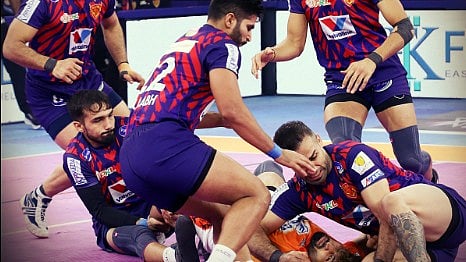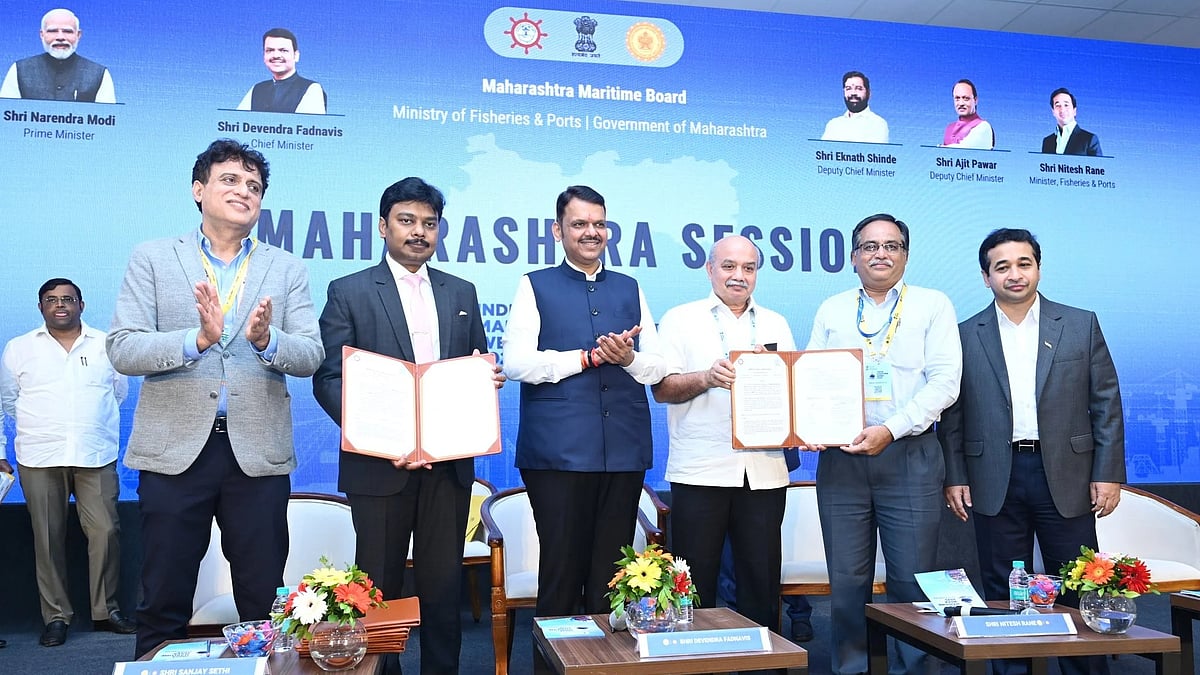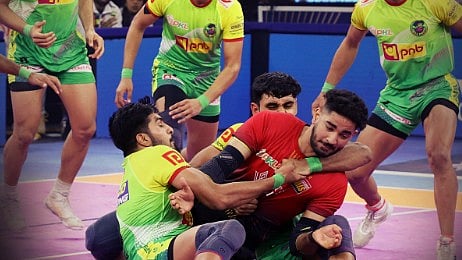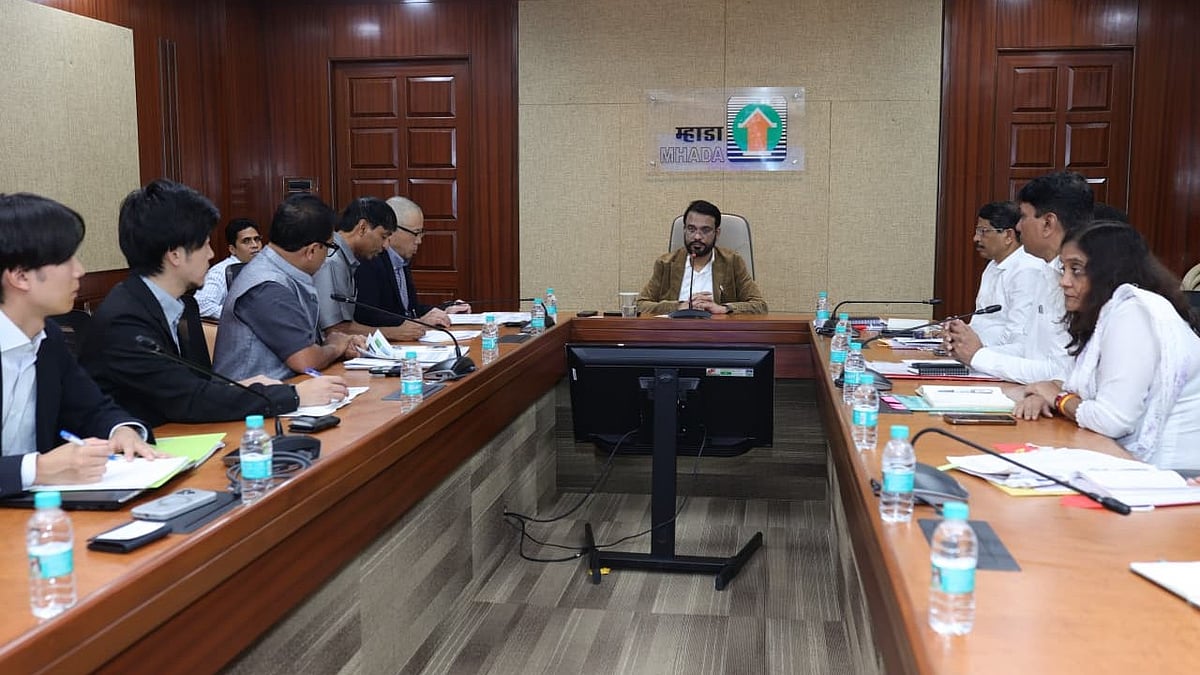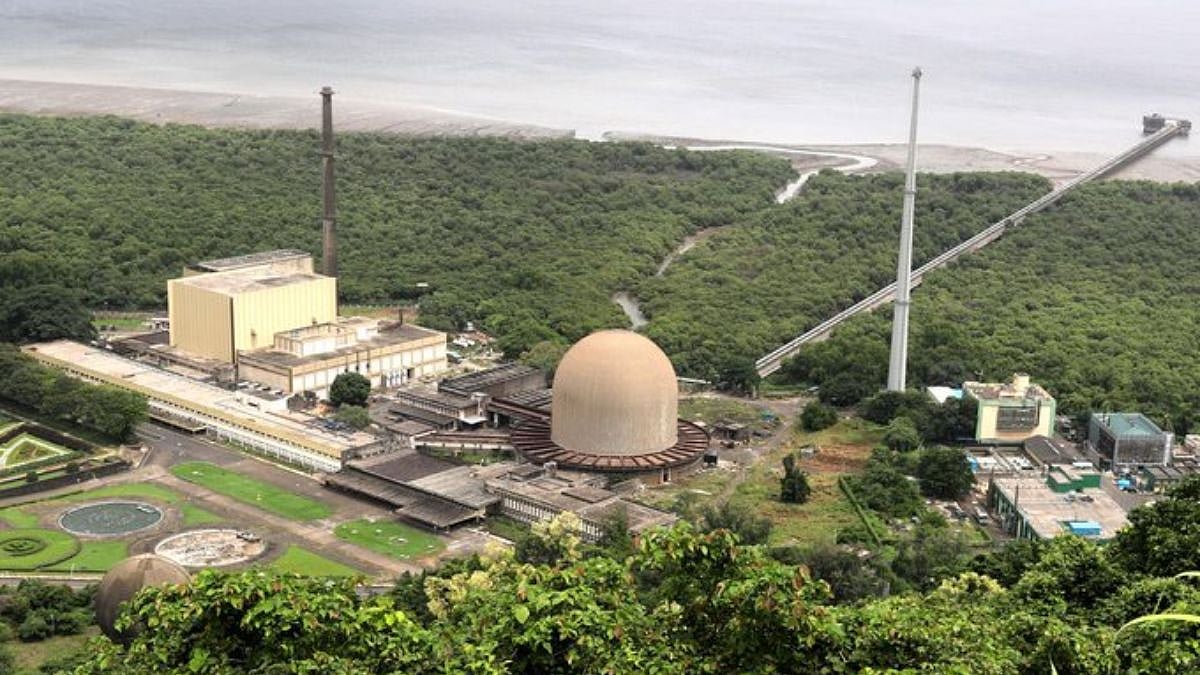Once regarded as Mumbai’s most dependable mode of public transport, the Brihanmumbai Electric Supply and Transport (BEST) undertaking is facing one of its gravest crises yet.
In 2023, Evey Trans Pvt. Ltd. was awarded a contract to supply 2,100 electric buses under a wet lease model, where the contractor provides buses along with drivers and maintenance. However, as of October 25, the company has delivered only 680 buses, of which 662 are currently in service.
When contacted, a BEST spokesperson said, “The required information has been sent to the relevant department and will be shared once received.”
Controversy Over Second Contract
Despite the shortfall in deliveries, BEST reportedly awarded Evey Trans a second contract for 2,400 additional buses, this time at a 58% higher per-kilometre rate, sparking allegations of favouritism and financial irregularities.
Mumbai Regional Congress Committee (MRCC) president Varsha Gaikwad criticised the Maharashtra government on social media, accusing it of “rewarding non-performance.”
“Evey Trans delivered less than one-third of the 2,100 buses. Was it blacklisted? No. Instead, the BJP government rewarded it with a bigger order—at a 58% higher rate,” Gaikwad wrote on X.“This wet lease model has failed Mumbai—frequent breakdowns, longer waits, exploited workers, and poor commuter experience. This is not misgovernance; it’s deliberate sabotage of Mumbai’s lifeline,” she alleged.
‘No Change on Ground,’ Say Employees
Weeks after the controversy erupted, the situation remains largely unchanged. A BEST employee, speaking on condition of anonymity, said the wet lease model had become “unsustainable.”
“Until BEST starts purchasing and owning its own buses, there will be no real improvement. Maintaining reliability under a wet lease system is nearly impossible,” the employee said.
Core Issues Behind the Crisis
According to internal sources, three major issues lie at the root of the current crisis:
Lack of competition When new tenders were floated at earlier rates, no new bidders came forward, raising concerns over market monopoly and pricing transparency.
Delayed payments Both BEST and MSRTC reportedly owe large dues to Evey Trans, with BEST’s pending amount around ₹10 crore and MSRTC’s dues close to ₹80 crore.
Operational dependency Both transport bodies rely on the same supplier, creating a single-source vulnerability.
Single Supplier Dependency
Currently, Evey Trans supplies around 50 buses per month to BEST and 80 buses to MSRTC, highlighting the statewide reliance on one vendor.
As of October 25, BEST’s total fleet stands at 2,648 buses, but only 308 are owned by the undertaking. The rest are leased, with Evey Trans holding the largest share — 662 buses. Over the past three months, the company delivered 200 buses to BEST and 380 to MSRTC.
The same company also holds a major MSRTC contract to supply 5,000 buses under the wet lease model.
Shrinking Ownership and Rising Concerns
Industry observers point out that BEST’s dependence on contractors is weakening its autonomy. The wet lease model, introduced to modernize the fleet, has instead increased costs and reduced accountability.
“Once, BEST symbolized reliability and affordability. Now, it’s struggling to stay on the road,” said a retired transport planner.
Calls for Change Grow Louder
Many commuters and employees argue that the only sustainable path forward is to end the wet lease model.
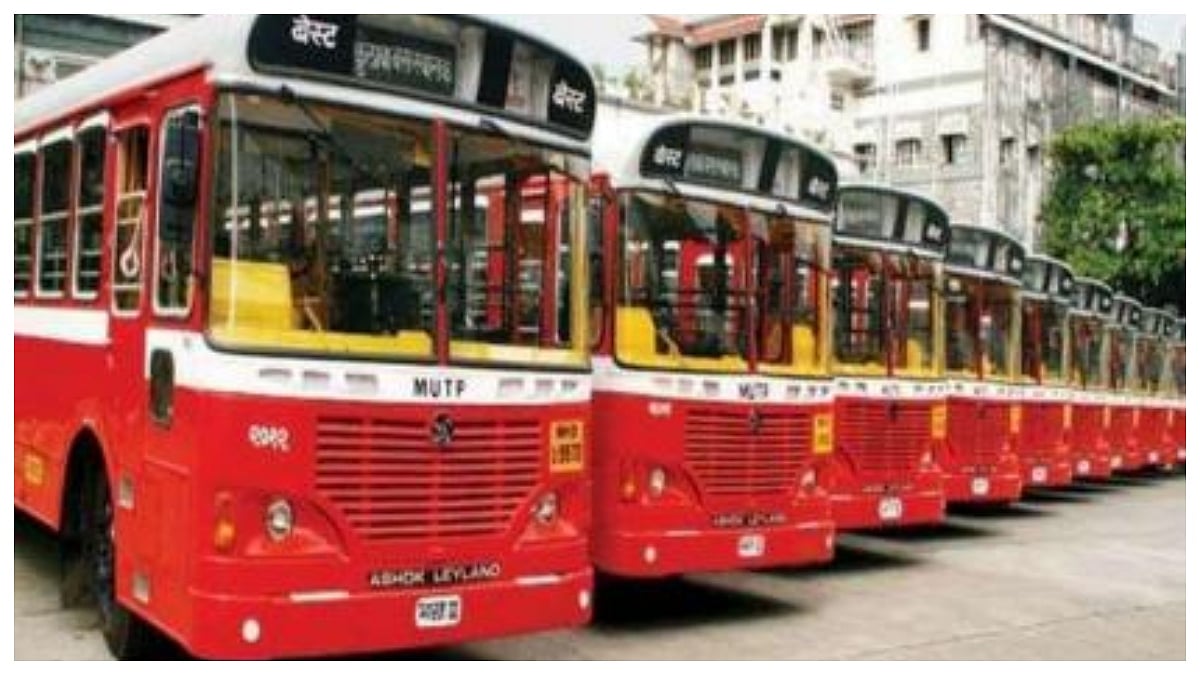
Ravindra Kamble, a daily commuter from Mulund, said, “Varsha Gaikwad’s allegations appear to have merit. This isn’t just about politics it’s about poor administration and financial mismanagement. If there are no capable suppliers in India, the government should float global tenders to ensure transparency.”
However, another BEST employee pointed out that such tenders would require significant funding.
“The real issue is money. BEST can only consider global tenders if the BMC begins providing financial support,” the employee said.
Commuters share similar sentiments. Savita Shah, a Ghatkopar resident, added, “There’s no alternative but to buy buses outright. Running BEST on contractors’ terms will only make things worse.”

